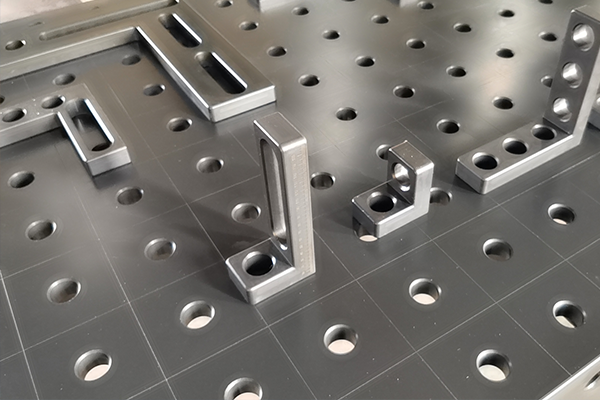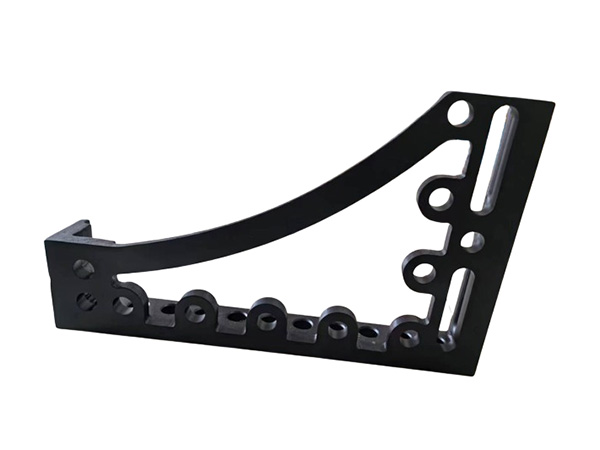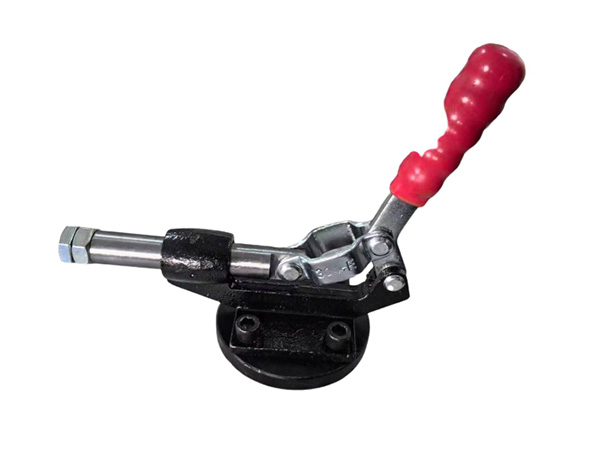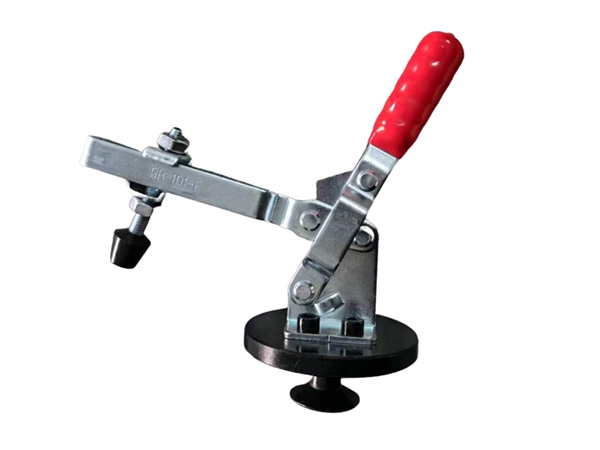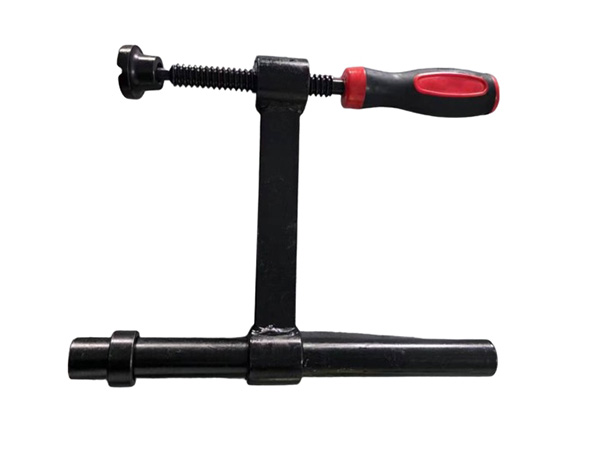- 网站导航 -
Address: Home > News > Technical documentation >
Design of Modular Welding Fixture Systems
Time:2024-10-27 03:09:37 Author:Fadetong Clicks:64Second-rate
Introduction
In the ever-evolving world of manufacturing, the need for efficiency, flexibility, and precision has never been greater. Modular welding fixture systems have emerged as a revolutionary solution that meets these demands, allowing manufacturers to enhance productivity while maintaining high-quality standards. This article will explore the design of modular welding fixture systems, highlighting their advantages and best practices to optimize their use in modern manufacturing processes.
1. Understanding Modular Welding Fixture Systems
Modular welding fixture systems consist of interchangeable components that can be easily assembled and reconfigured to suit various welding applications. This flexibility allows manufacturers to adapt their fixtures to different workpieces and welding processes without the need for completely new setups.
2. Key Advantages of Modular Welding Fixture Systems
Flexibility and Adaptability: One of the most significant advantages of modular systems is their ability to adapt to various projects. This adaptability reduces setup time and increases production efficiency, enabling manufacturers to switch between different tasks seamlessly.
Cost-Effectiveness: Modular systems can significantly reduce costs by minimizing the need for custom fixtures. Instead of investing in dedicated fixtures for each product, manufacturers can use standard modular components to create tailored solutions that fit their needs.
Improved Accuracy: With standardized components, modular welding fixtures can ensure consistent positioning and alignment, which leads to higher welding quality and reduces the risk of defects. The precision of modular systems is particularly beneficial in industries where high tolerances are essential.
Ease of Maintenance: Modular systems are designed for easy assembly and disassembly, simplifying maintenance and repair. If a component becomes worn or damaged, it can be replaced without the need for complete fixture replacement, saving time and resources.
3. Best Practices for Designing Modular Welding Fixture Systems
Standardization of Components: To maximize the benefits of modular systems, manufacturers should focus on standardizing key components such as clamps, brackets, and support structures. Standardization simplifies inventory management and ensures compatibility across different fixtures.
Consideration of Ergonomics: Designing modular welding fixtures with ergonomics in mind enhances operator comfort and efficiency. Adjustable heights and easy access to tools can significantly improve workflow and reduce fatigue during long welding sessions.
Integration of Technology: Incorporating advanced technologies, such as sensors and automation, into modular welding fixtures can further enhance their capabilities. For example, integrating measurement sensors can provide real-time feedback on alignment and positioning, ensuring precision and quality in the welding process.
Simulation and Prototyping: Utilizing simulation software during the design phase can help manufacturers visualize how their modular systems will function in practice. Prototyping can also allow for testing and adjustments before full-scale production, minimizing errors and improving overall design efficiency.
4. Future Trends in Modular Welding Fixture Systems
As manufacturing continues to evolve, modular welding fixture systems are expected to become more advanced. Emerging trends may include the integration of smart technology, such as IoT (Internet of Things) devices that enable real-time monitoring and data analysis. Additionally, the use of additive manufacturing (3D printing) to create custom modular components may allow for even greater flexibility and innovation in fixture design.
Conclusion
The design of modular welding fixture systems presents a significant opportunity for manufacturers to enhance efficiency, flexibility, and quality in their welding processes. By understanding the advantages of modular systems and implementing best practices in design, manufacturers can create tailored solutions that meet the demands of modern production environments.
For businesses looking to stay competitive in the fast-paced manufacturing landscape, investing in modular welding fixture systems is not just an option; it's a strategic necessity that can lead to improved productivity and profitability.

